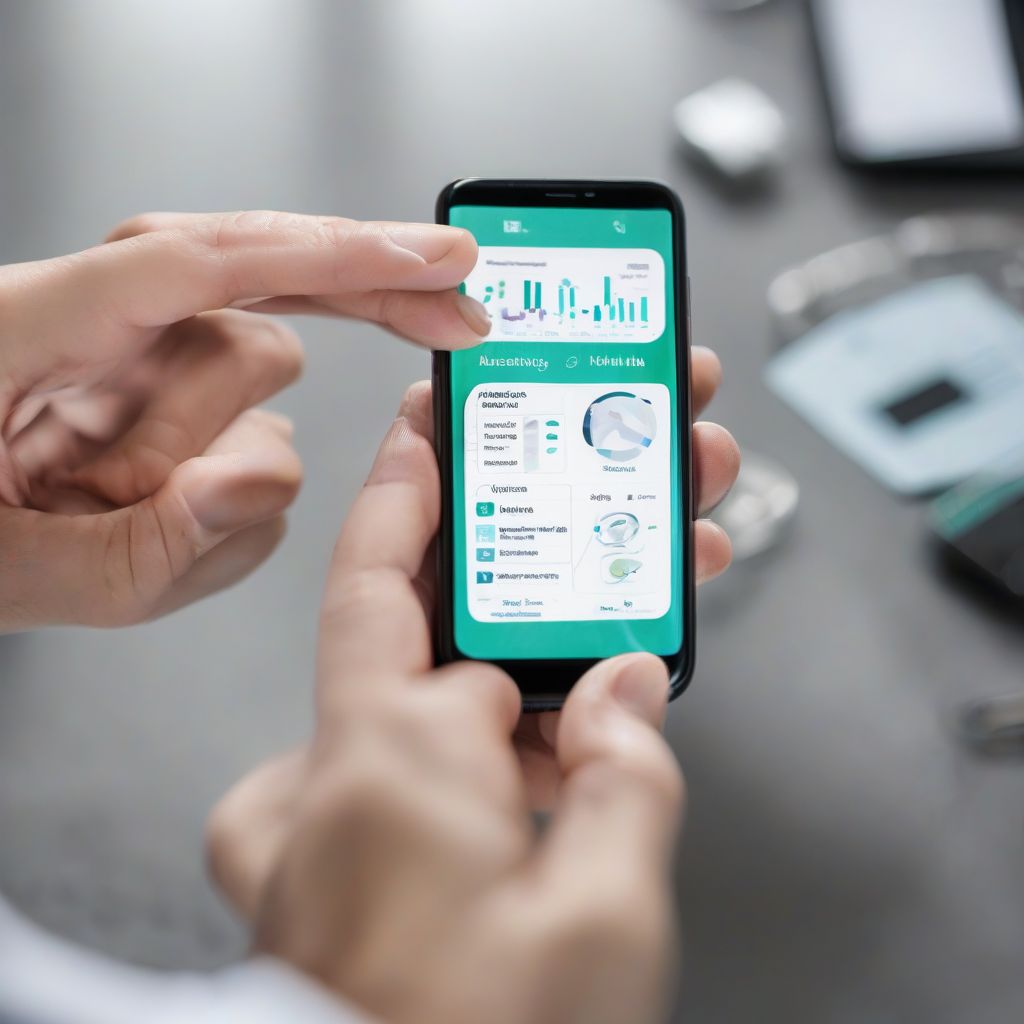
In today’s digital age, sharing health information quickly and securely is more important than ever. That’s where Health Information Exchange (HIE) comes in. But what exactly is HIE in healthcare, and why should you care?
This article will break down everything you need to know about HIE, its benefits, and how it’s transforming the healthcare landscape.
What is Health Information Exchange (HIE)?
Imagine a doctor treating a patient they’ve never met before. To provide the best care possible, wouldn’t it be helpful if they had access to the patient’s complete medical history? That’s the core idea behind HIE.
HIE enables the secure electronic sharing of patient health information among different healthcare providers, hospitals, and other healthcare organizations. This means no more waiting for records to be faxed or transferred manually – vital information can be accessed in real-time, leading to more informed decisions about your care.
thucphamhoangkim.com/wp-content/uploads/2024/08/healthcare-providers-accessing-patient-data-66b703.jpg" alt="Healthcare Providers Accessing Patient Data" width="1024" height="1024">Healthcare Providers Accessing Patient Data
Why is HIE Important? Benefits and Advantages
The implementation of HIE offers a wide range of benefits for both patients and healthcare providers:
For Patients:
- Improved Care Coordination: With HIE, your doctors can access your complete medical history, ensuring everyone involved in your care is on the same page. This leads to better-coordinated care, fewer duplicate tests, and more accurate diagnoses.
- Enhanced Patient Safety: HIE can help reduce medical errors by providing doctors with up-to-date information about your allergies, medications, and previous treatments.
- Increased Patient Engagement: Some HIE systems allow patients to access their own medical records, empowering them to take a more active role in managing their health.
For Healthcare Providers:
- Streamlined Workflows: HIE eliminates the need for manual information exchange, saving time and reducing administrative burdens for healthcare professionals.
- Improved Efficiency: With quicker access to critical information, doctors and nurses can make faster, more informed decisions, leading to increased efficiency and improved patient outcomes.
- Data-Driven Insights: Aggregated data from HIE systems can be used for public health reporting, research, and identifying trends to improve overall healthcare delivery.
Different Types of HIE Models
There are various ways HIE can be implemented, each with its own advantages and levels of connectivity:
- Centralized HIE: In this model, all participating healthcare organizations contribute data to a central repository.
- Federated HIE: This approach allows each organization to maintain control over its data while still enabling secure information exchange with others in the network.
- Hybrid HIE: This model combines aspects of both centralized and federated approaches, offering flexibility and scalability.
The Future of HIE: Trends and Challenges
While HIE holds immense potential to transform healthcare, some challenges still need to be addressed:
- Data Privacy and Security: Ensuring the privacy and security of patient information is paramount and requires robust security measures and compliance with regulations like HIPAA.
- Interoperability: Different HIE systems need to be able to communicate with each other seamlessly to ensure nationwide data exchange.
- Adoption Rates: Widespread adoption of HIE is crucial for realizing its full benefits. Incentives and ongoing support can encourage healthcare providers to participate.
Conclusion
Health Information Exchange (HIE) is revolutionizing healthcare by facilitating seamless and secure information sharing among different providers. This interconnected approach leads to improved care coordination, enhanced patient safety, and greater efficiency in healthcare delivery. As technology advances and adoption grows, HIE will continue to play a pivotal role in shaping the future of healthcare, leading to better health outcomes for everyone.
We encourage you to explore our website further for more insightful articles about health and wellness.


